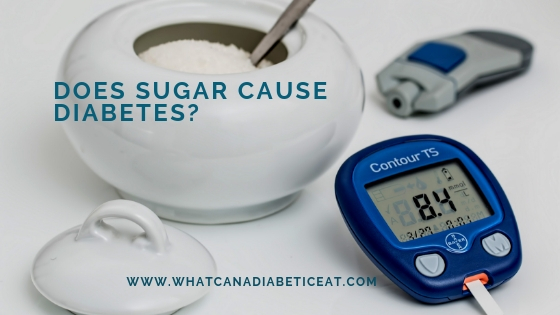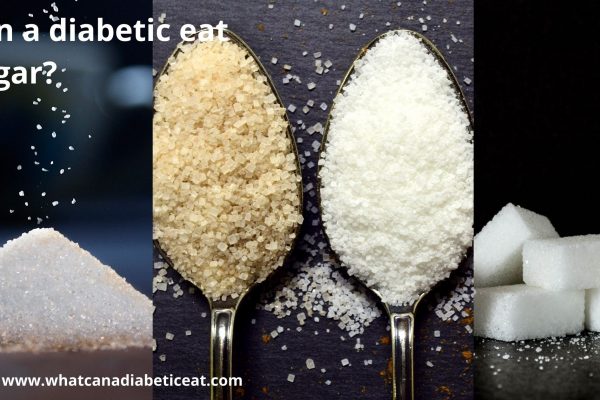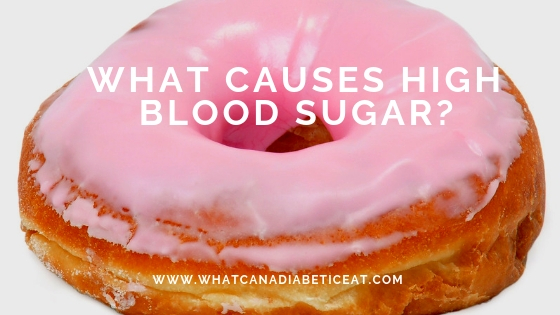What is cholesterol? Why does your body need cholesterol?
Cholesterol is a waxy, fatty substance that exists in your body cells. Your body needs cholesterol for many metabolic processes, to make hormones, vitamin D and some substances that help in digestion.
How does your body get it?
Your body can make all the cholesterol you need. You may also get cholesterol from certain foods like meat, butter, cheese, fish, eggs, milk etc. However, you do not need to include cholesterol rich diet in your food as your liver can make all the cholesterol your body needs. Moreover, excess cholesterol can dramatically increase your risk of cardiac problems, stroke etc. Hence, you may need to avoid foods high in cholesterol and eat foods that have no cholesterol. For example, foods such as fresh fruits, vegetables and grains etc. do not have any cholesterol.
Can blood cholesterol levels be too high or too low?
Having high cholesterol levels in blood is called Hypercholesterolemia. A diet high in cholesterol can give you hypercholesterolemia. On the other hand, having low cholesterol levels in blood is called Hypocholesterolemia. A defect in your body can mean that your liver cannot make much cholesterol. This can lead to Hypocholesterolemia. It is important that your blood cholesterol levels are maintained in normal range. Having hypercholesterolemia or hypocholesterolemia is bad for health.
What are the tips to regulate your cholesterol levels?
When your liver is capable of making all the cholesterol your body needs, you must avoid eating more of it. On the other hand, you need to keep your body health enough to keep making required cholesterol. You can check your cholesterol at home using one of cholesterol monitors such as this one.
Regulating your cholesterol levels is an important factor for good health. This is even more true for a diabetic. A good diabetic diet and diabetic life-style make sure a diabetic eats a balanced meal low in sugar, salt and fat alongside regular exercise.
Some popular tips to regulate blood cholesterol include the below:
- Eat more fresh fruits, vegetables, whole grains, beans, more plant-based protein, oats, barley, eggplant, okra, nuts, vegetable oils, citrus fruits like oranges, berries, grapes, apples.
- Eat less refined grains, foods high in saturated fat etc.
- Be more active physically, exercise regularly etc.





